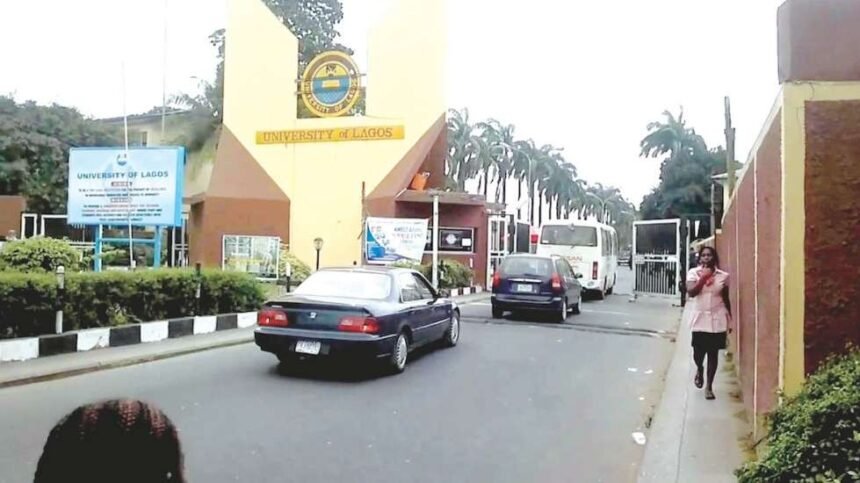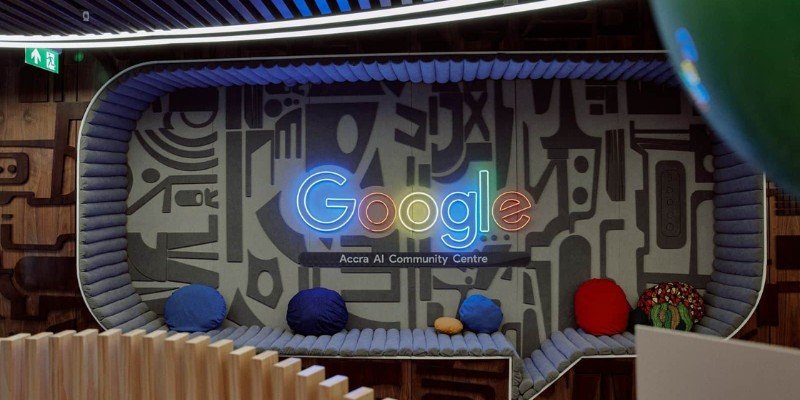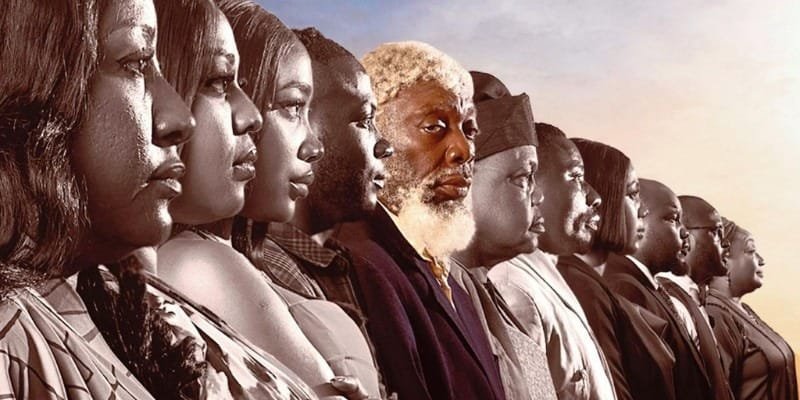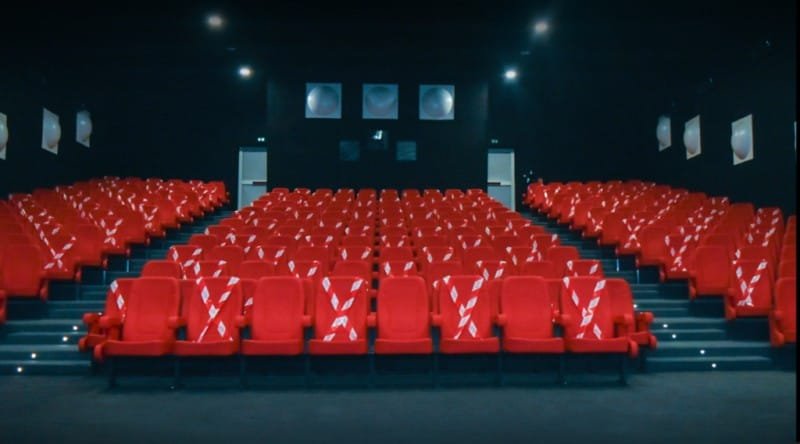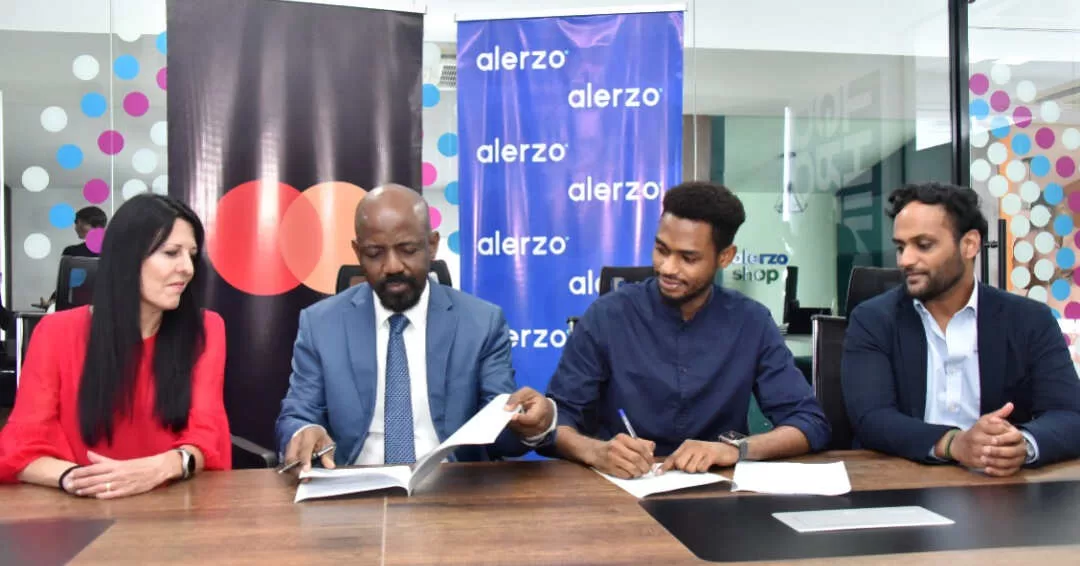As Nigeria’s tech landscape gains momentum, a quiet revolution is brewing at the University of Lagos (UNILAG), where Africa’s first OpenAI Academy is set to reshape the continent’s role in artificial intelligence (AI). Announced in 2025, UNILAG’s partnership with OpenAI, a global AI research leader, will provide free AI learning resources and capacity-building opportunities for students, researchers, and professionals across Africa. This initiative marks a significant step toward positioning Africa as a creator, not merely a consumer, of AI technologies.
The academy’s launch comes at a critical juncture when AI is transforming industries worldwide, from healthcare to finance. UNILAG, a recognised hub for innovation in Nigeria, is well-placed to host this pioneering effort. By offering free access to cutting-edge AI education, the academy aims to empower Africans to develop solutions tailored to local challenges, such as improving agricultural yields or enhancing healthcare delivery. Yet, its success will depend on its ability to extend its reach beyond urban centres and deliver practical, impactful outcomes for diverse communities.
Bridging the AI skills gap in Africa
The OpenAI Academy at UNILAG addresses a pressing need for AI expertise on the continent. According to our source in UNILAG, the academy will provide free learning materials on machine learning, data science, and AI development, enabling participants to build technical skills. A 2023 UNESCO report noted that Africa faces a significant AI education gap due to limited access to resources and infrastructure. This initiative could help close that gap by equipping a new generation of Africans with the tools to compete in the global AI landscape.
Fostering locally relevant AI innovation
The academy’s potential to drive locally relevant AI solutions is a key highlight. By training Africans to develop AI technologies, the initiative could lead to innovations addressing regional challenges, such as language processing tools for African languages or AI-driven solutions for climate resilience. The primary source emphasises that the academy aims to strengthen Nigeria’s and Africa’s role in shaping global AI development. However, stakeholders, including tech experts interviewed by TechCabal in 2025, caution that the academy must prioritise inclusivity to ensure rural and underserved communities benefit.
Challenges in scaling impact
While the OpenAI Academy holds immense promise, its success is not guaranteed. The primary source notes that the initiative’s ability to reach people across Nigeria and Africa, particularly outside major cities, remains a significant challenge. Limited internet access and infrastructure in rural areas could hinder participation. Additionally, a 2024 World Bank report highlighted that only 36% of Africans have reliable internet access, underscoring the digital divide. The academy must address these barriers to ensure equitable access and foster widespread adoption of AI skills.
A launchpad for Africa’s AI renaissance
Looking ahead, the OpenAI Academy at UNILAG could catalyse a broader AI ecosystem in Africa. By training a diverse pool of talent, the academy has the potential to spark a wave of innovation, positioning Africa as a global player in AI development. Partnerships with local tech hubs, governments, and private sectors could amplify its impact, as suggested by industry leaders in a 2025 African Business article. The true test lies in whether the academy can translate its resources into real-world solutions that address Africa’s unique needs, paving the way for a tech-driven future.







